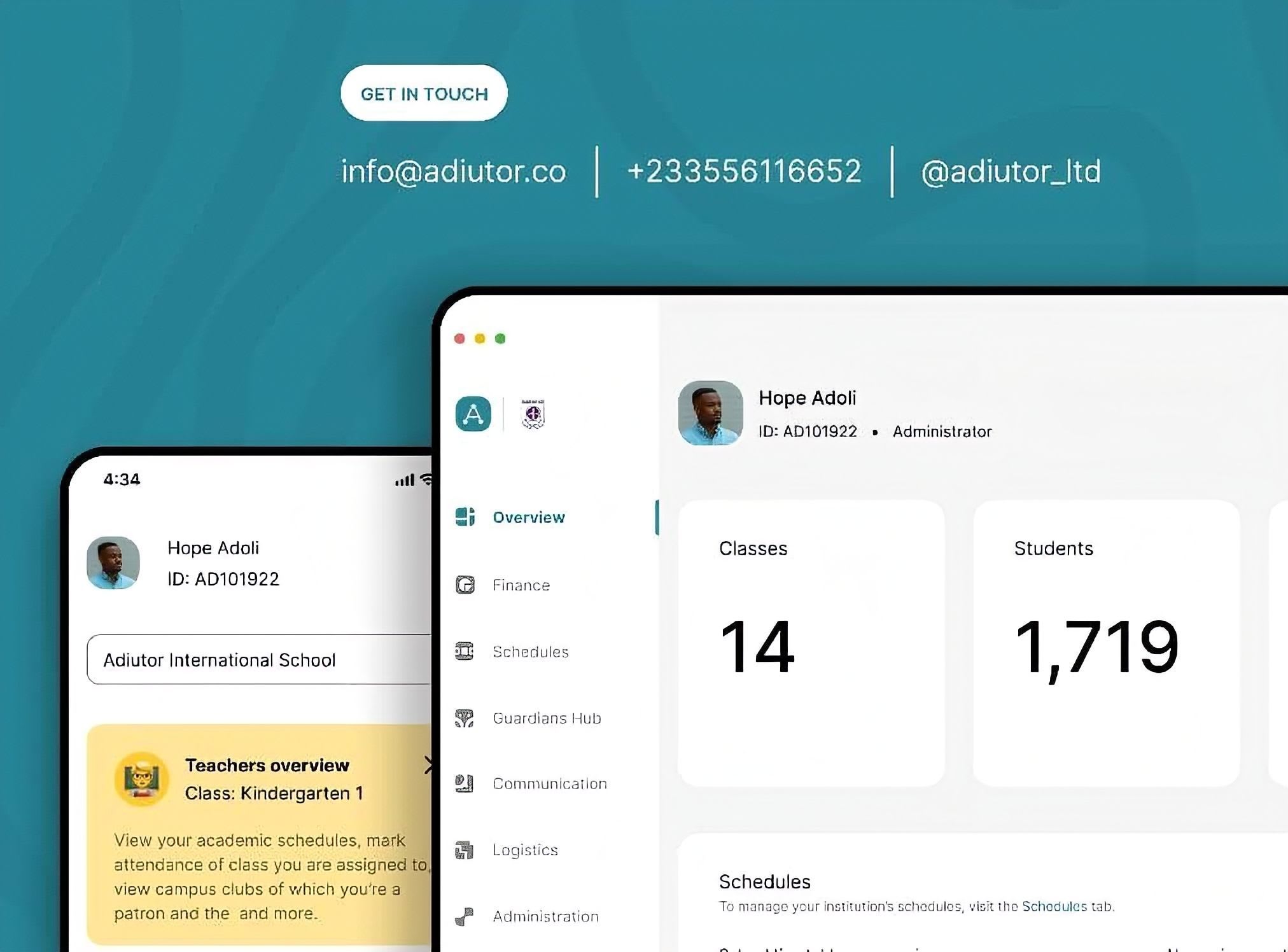8 ways to get your child or student interested in their own studies
If you're a teacher, parent, or tutor, you know how frustrating it is when students show little interest in their own studies. It's our job to help them learn, so what can we do? With a little bit of effort and creativity, we can turn even the most apathetic student into a self-motivated learner.

If you're a teacher, parent, or tutor, you know how frustrating it is when students show little interest in their own studies. It's our job to help them learn, so what can we do? With a little bit of effort and creativity, we can turn even the most apathetic student into a self-motivated learner.
💡 Lessons learnt: Habits are compound interest for self-improvement.
1. Lay the Emphasis on Day-to-Day Learning
Though good grades are essential to score, if your kid is struggling with getting good grades, it will be a good idea to shift his focus to learning. Ask him about the routine activities in the classroom and the things he learned there. Taking time each day to reflect on what they've learnt can help them better retain information.
2. Discuss Study Progress Regularly
It's important to have someone to talk to about how you're progressing in your studies so that you can stay on track and motivated. Discussing study progress with your kids or students regularly can also help you identify any areas where they may need additional help. When you help talking about your studies with others can also help keep you accountable and ensure that you're making progress.
3. Make a Study Schedule that Works for Your Kid
Try to find a personal study time that works for your kid when they are most alert and awake. Try to keep a consistent routine as much as possible, but make sure your kid takes breaks and isn't studying for hours on end. Get rid of distractions by turning off the TV or putting away phones. Let them take breaks in between subjects or after completing tasks so they don't get overwhelmed.
4. Make Study Goals Together
Learning should be a collaborative effort between students and teachers. By working together, students and teachers can set achievable goals for each student. Parents can also get involved help keep their kids on track with their study goals. By collaborating on study goals, teachers and parents can get to know their students and children better which is beneficial for setting future goals. Setting study goals together is also a great way to motivate students to succeed since they feel like they are part of the decision-making process.
5. Understand How Your Kid Learns Best
Every kid is different - what works for one might not work for another. However, there are three main ways kids learn - visual, auditory, and kinesthetic. You can determine how your kid learns best by paying attention to their natural tendencies and preferences. Some kids are a combination of two or more learning styles, so it's important to experiment to see what works best. It's also important to remember that kids' learning styles can change as they grow older.
6. Help Them Learn From Failure
Failure is a part of life, and it's crucial for students to absorb lessons from their errors. Failure is acceptable as long as you learn from it and keep trying. Failure can be advantageous since it helps us develop, learn and grow. Teach them to embrace failure, take lessons from it, and move on.
7. Acknowledge All Their Achievements
Acknowledge all of their achievements, big and small. Let them know that you are proud of them and think they are amazing. Build up their confidence by regularly acknowledging their successes. Help them to see how far they have come by celebrating their achievements along the way. Give them a pat on the back, a hug, or both, after each accomplishment!
8. Be Firm and Disciplined
It's okay to be firm and disciplined with your children and students – it shows you care about their future. It's important to set boundaries and expectations for your kids, so they can learn how to discipline themselves. Being firm and disciplined doesn't mean you have to be strict all the time – show your kids that you're human too. Balance is key when disciplining your children - don't overdo it or they'll tune you out completely. Positive aspects of encouraging a youngster to develop healthy study habits include praise and rewards. Bribing your child is not advised, though. This might only temporarily alleviate the issue and might not inspire your child to study with a desire for personal improvement.
These are some highly effective ways to help your child or student get interested in their own studies. By providing them with the tools they need to be successful and developing a growth mindset, you can set them up for academic and professional success.

Adiutor
Adiutor means "helper" - we do just that, by taking a load of your school administration and helping you focus on what matters most: the kids.
